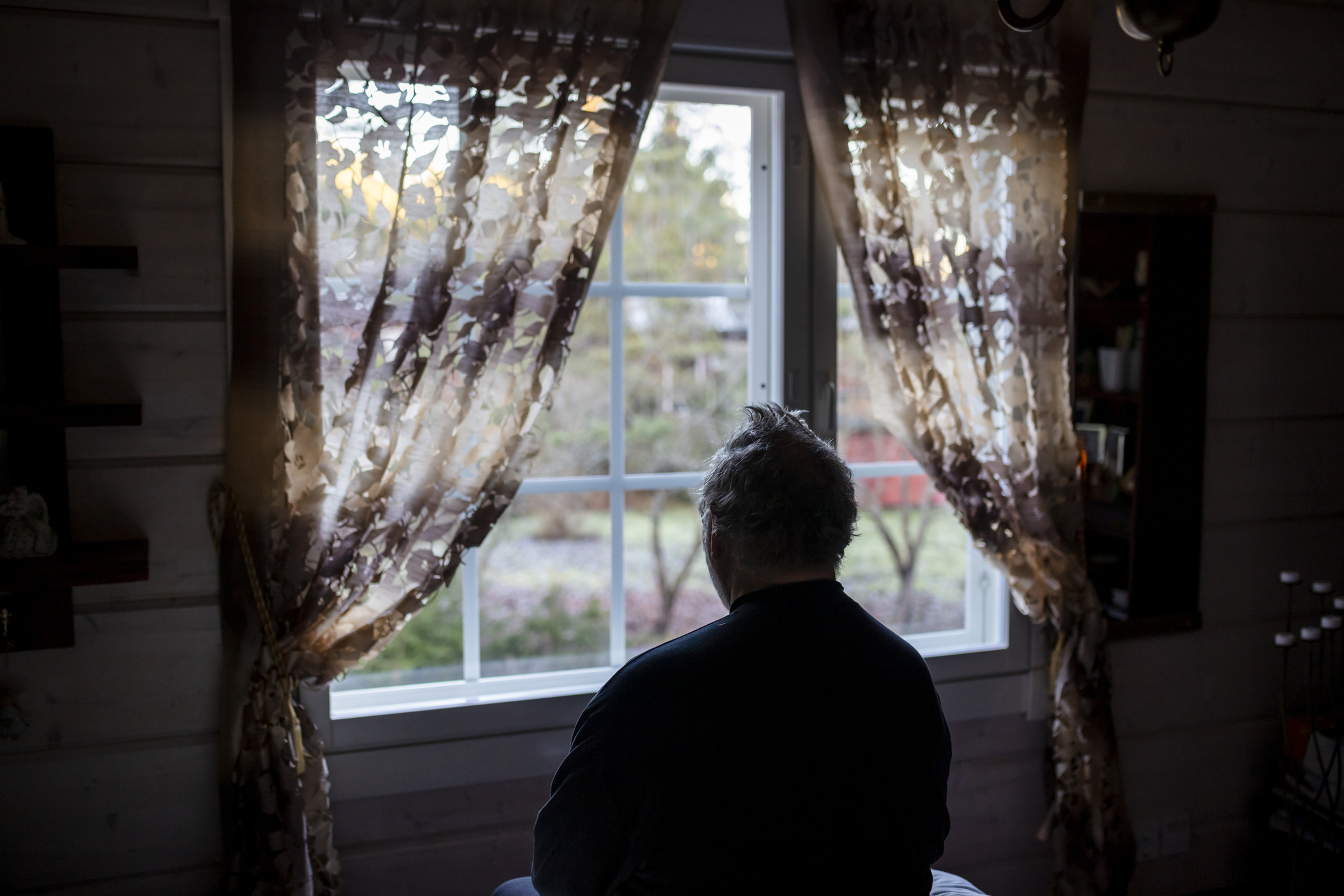When it's time to let go
Accepting death isn’t easy, but the alternative leads to even deeper suffering


A free daily email with the biggest news stories of the day – and the best features from TheWeek.com
You are now subscribed
Your newsletter sign-up was successful
My mom died a year ago, and her passing brought me a disorienting mixture of grief and relief. She was 98, and had suffered from dementia for more than a decade. In her last two months, my mother's joy in eating ("Yum, yum!") finally faded, and seeing her laboring to breathe tortured me. When her body finally gave out, it was no surprise, but the sudden absence death creates is always a shock. In ensuing weeks, I found myself with what is referred to in a recent Washington Post piece on grief as "dreadful freedom." I'd spent afternoons with my mom virtually every Saturday and Sunday for the 13 years since my father died, took her on my family's vacations, drove her to doctors, hired and managed caregivers, winced as her care gradually consumed her life's savings and then some, witnessed time and disease ravage her mind and body. Now that her life was over, part of mine was, too. My weekends were strangely, terribly, wonderfully free.
When death brings relief from prolonged suffering, those left behind often feel some guilt-tinged relief. I've experienced that emotion more than once. When COPD, cirrhosis, and botched hospital care left my father in a coma and on a ventilator, I had to invoke his living will to compel doctors to turn off the machines. As his breathing ceased, I knew he'd be grateful and felt joy that he'd been freed of a broken body. The same occurred when my brother died at age 31 of AIDS, after a fast-forward decline into serial infections and emaciation that was nearly unbearable to witness. A central teaching in Buddhism, whose wisdom I greatly admire, is that the art of life is embracing every moment, and letting go as those moments end. We deepen our suffering by clinging to a status quo that is not in our power to preserve. It's a supremely difficult skill to master, this letting go, but it can bring a measure of peace. Ends, it seems, are often followed by beginnings. Farewell to 2022, and to all the loved ones we survivors had to let go.
A free daily email with the biggest news stories of the day – and the best features from TheWeek.com
The Week
Escape your echo chamber. Get the facts behind the news, plus analysis from multiple perspectives.

Sign up for The Week's Free Newsletters
From our morning news briefing to a weekly Good News Newsletter, get the best of The Week delivered directly to your inbox.
From our morning news briefing to a weekly Good News Newsletter, get the best of The Week delivered directly to your inbox.
William Falk is editor-in-chief of The Week, and has held that role since the magazine's first issue in 2001. He has previously been a reporter, columnist, and editor at the Gannett Westchester Newspapers and at Newsday, where he was part of two reporting teams that won Pulitzer Prizes.
